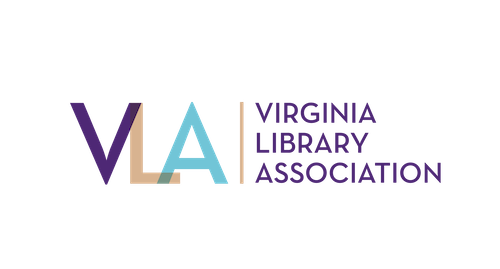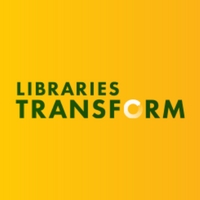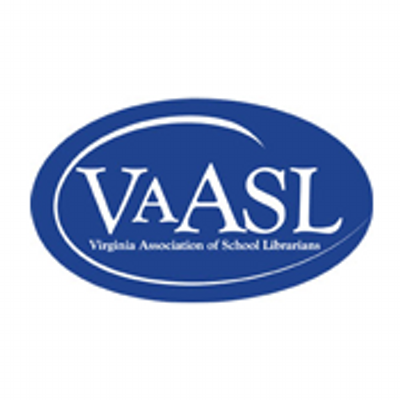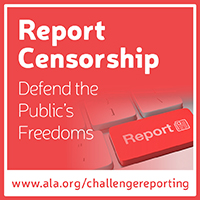What is a mentee?
Mentees are library school students or new library workers who have been employed in a professional position for fewer than five years. They are expected to build a confidential reciprocal relationship with their mentors. Mentees are expected to be open and honest with their mentors about their skills and aspirations.
Qualifications
We welcome mentees from all types of libraries, in all positions, to apply for the career mentoring program. Mentees are library school students, librarians, or staff members who have been employed for up to five years and seek guidance and advice from an experienced librarian. Mentees must be able to communicate with their mentor at least once every month, as agreed upon by both parties, in whatever manner is most convenient for and agreed upon by both parties. To aid in this, the New Member Round Table will be sending out monthly prompts on the 1st of each month to help shape your conversations and prompt discussions.
The VLA NMRT Mentoring Program is not intended as a job search program.
Expectations
Mentors will be expected to introduce themselves via email at the beginning of the program, at which point mentees will respond with an introduction of their own. Toward the end of the program, mentees will be asked to respond to a survey sent by the VLA NMRT Leadership Team to help determine how the program can be improved.
- Commit to the full 10 month mentorship from January-October. This includes monthly meetings, either virtual or in-person, between the mentor and mentee, as well as check-in emails with the VLA NMRT Leadership Team.
- Maintain interest in the assigned relationship and be proactive in staying in contact. Assure regular communication with mentors (virtually or otherwise).
- Communicate with the mentor in a respectful and professional manner.
- Learn and apply interpersonal skills.
- Accept career advice and counseling based on mentor’s related experience.
- Share skills and knowledge from your professional experience.
- Accept feedback in a positive and constructive manner.
- Maintain confidentiality.
- Be mindful of other commitments when asking for time-sensitive guidance.
Benefits
- Receive support and guidance in career planning.
- Meet other professionals and gain networking opportunities.
- Acquire professional skills.
- Learn more about VLA and other relevant professional organizations.
- Exposure to new ideas and interests outside of your current position.
- New opportunities for professional challenges.
- Personal satisfaction in sharing your career experience, knowledge and skills.
- Opportunity to reflect on your own practices.
- Gain a better understanding of one’s strengths and weaknesses.
- Greater understanding of other library organizations and library roles.
- Learning from the shared interactions with mentors.
Communication Best Practices
- Establishing a professional relationship
- Review communication expectations with your mentor. After your initial introductory email, decide how you will communicate, how often you will communicate, and an acceptable turn-around time for correspondence. Generally, it is expected that mentors and mentees will communicate a minimum of once every two months, as agreed upon by both parties.
- If you must cancel a discussion session, be sure to cancel 24 hours before the scheduled session.
- Mentors and mentees are expected to communicate professionally, maintaining a polite tone.
- Even if you are communicating asynchronously, engage in active listening techniques and ask a variety of open and closed questions. Remember, the focus should be on learning and gaining a different perspective from your mentor.
- Be patient and create a positive environment. Be sure to maintain confidentiality.
- Feedback
- Mentees may also ask for feedback on their projects, papers, and presentations. Acknowledge that mentors probably have a busy schedule and may or may not be able to review your work, especially if the time frame is tight.
- Constructive criticism is an important part of the learning process. Taking constructive criticism in a gracious manner and using it to improve your work is a valuable professional skill.
- Don’t be afraid to ask your mentor for clarification if you don’t understand his/her feedback.
- Discussion Topics
- The mentoring program coordinators will send monthly suggested discussion topics to you and your mentor, but you should feel free to discuss other topics depending on your interests and/or concerns within the profession. Some examples include professional resources, professional development opportunities, and applying for library positions.



